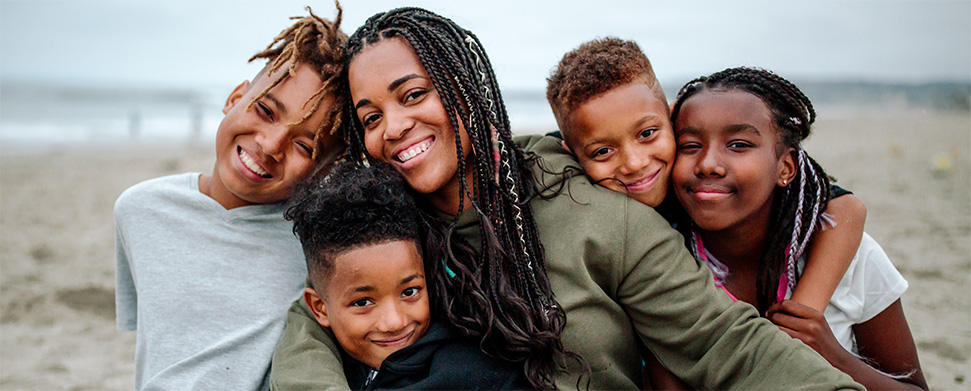
Interstate Compact on the Placement of Children (ICPC)
The Interstate Compact on the Placement of Children (ICPC) establishes legal and administrative procedures for the interstate placement of children.
The ICPC is a contract among all 50 states, the District of Columbia, and the U.S. Virgin Islands authorizing them to work together to ensure that children who are placed across state lines for foster care or adoption receive adequate protection and support. The ICPC establishes procedures for the placement of children and fixes responsibility for agencies and individuals involved in placing children.
The purpose of the ICPC is to protect the interests of children being placed across state lines and to fix responsibility for agencies and individuals involved in placing children.
- In California, out-of-state placements into residential treatment facilities are processed by the CDSS Out-of-State Placement Policy Unit (see contact information on the right side of this page).
- Interstate placement requests for relative homes, foster family homes and prospective adoptive homes are processed by counties and licensed adoption agencies.
- Private agency adoptions are processed by California full-service licensed adoption agencies.
Goals
The goals of the Interstate Compact on the Placement of Children (ICPC) are to ensure that:
- The child is placed in a suitable environment.
- The receiving state has the opportunity to assess that the proposed placement is not contrary to the interests of the child and that its applicable laws and policies have been followed before it approves the placement.
- The sending state obtains required information to evaluate the proposed placement.
- The care of the child is promoted through appropriate jurisdictional arrangements.
- The sending agency or individual guarantees the child legal and financial protection.